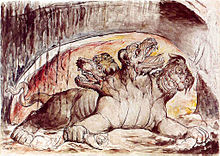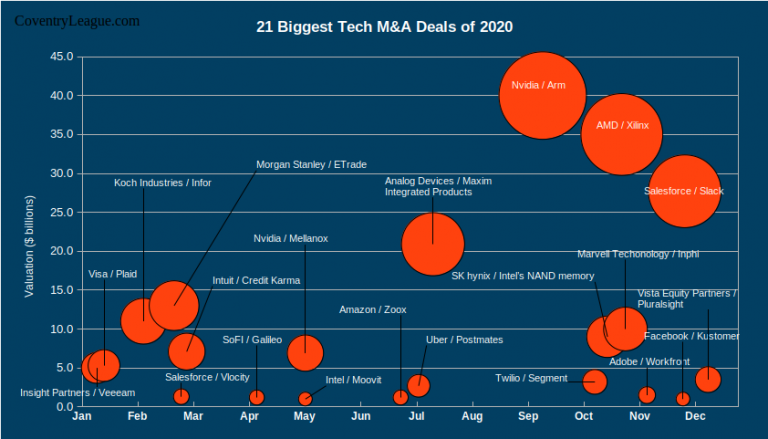This isn’t new information or surprising to many deal-by-deal practitioners such as Coventry League, as we witness the level of talent (or lack thereof) on a continual basis (in public and private equity investing) and wrote about the upcoming debt overhang at over-levered portfolio companies (De-leveraged Buyouts; Nov. 2009). Nevertheless, more transparency about these zombie-like private equity firms is positive for the industry since many of these below average firms and professionals tend to overbid and under-perform from a post-acquisition operating perspective.
Unfortunately, the investment and M&A industry is not like, say, professional sports. In sports, athletes are continually evaluated mostly on an objective basis and are displaced by those who demonstrate better prospects and abilities. Exceptions, to an extent, are made for legacy athletes (e.g., Brett Favre) – sometimes. In investing, especially at firms that don’t charge fees based on performance (think wealth management-type firms and mutual funds), many professionals exist not necessarily by their objective abilities and performance but rather mostly by subjective reasons that often include cosmetic aspects of one’s background, personal connections and whatnot.
Additionally, the industry perpetuates a myth that it is practically impossible to consistently outperform market indices (read: collection of companies selected by preset screens) using similar risk (typically defined using price fluctuations with time horizons less than a year).
Why apparently sophisticated investors, including high net-worth individuals and institutional investors continue to deploy capital irresponsibly is puzzling. This is best addressed in a separate blog; however, we’ll leave you with this: InkStop. It was a retail chain outlet focused on selling ink cartridges for printers. The business model was terrible (high fixed costs; low-priced products; market trend of low-cost, quick-delivery Internet options; etc.). Yet, several “sophisticated” investors found this business model attractive enough to actually request an investment memorandum and subsequently invest in the company. After the company’s prompt fall to bankruptcy, some of these same investors amazingly cried foul. Moral of the story: Stupid is as stupid does.



Unlike banks and corporations who don’t have to mark their assets to fair market, PE firms must eventually mark their portfolio companies to fair value. Could get ugly